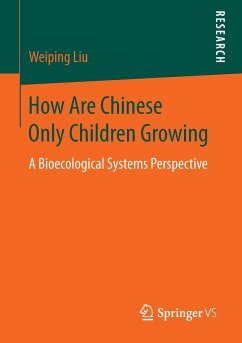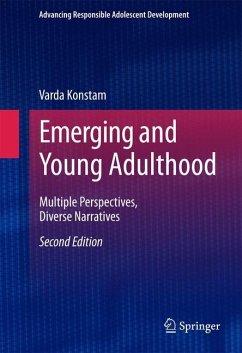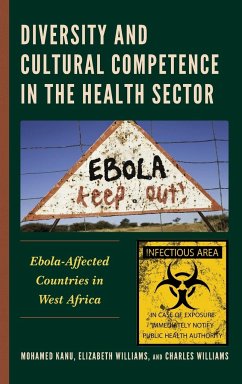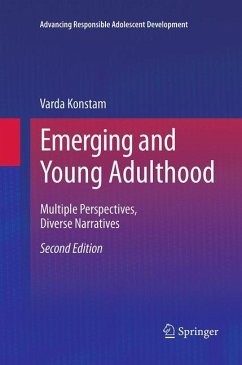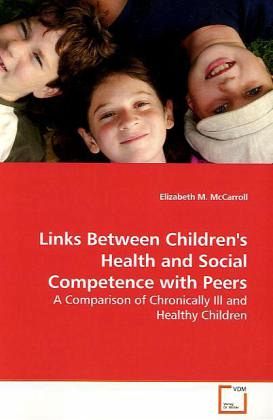
Links Between Children's Health and Social Competence with Peers
A Comparison of Chronically Ill and Healthy Children
Versandkostenfrei!
Versandfertig in 6-10 Tagen
32,99 €
inkl. MwSt.

PAYBACK Punkte
16 °P sammeln!
This study examined associations between children s health status and the quality of their peer relationships, as well as factors that may account for individual variation in the quality of chronically ill and healthy children s peer relationships. It was expected that chronically ill children would have more social adjustment problems, as well as more negative peer interactions. It was also expected that chronically ill children would be seen as less aggressive than healthy children. Results revealed that chronically ill children were characterized by teachers as having less prosocial and mor...
This study examined associations between children s
health status and the quality of their peer
relationships, as well as factors that may account
for individual variation in the quality of
chronically ill and healthy children s peer
relationships. It was expected that chronically ill
children would have more social adjustment problems,
as well as more negative peer interactions. It was
also expected that chronically ill children would be
seen as less aggressive than healthy children.
Results revealed that chronically
ill children were characterized by teachers as
having less prosocial and more aggressive
relationships with peers than healthy children.
Chronically ill children with high self-esteem were
more prosocial and less aggressive than their
counterparts with low self-esteem. Connections
between self-esteem and the quality of peer
relationships varied as a function of child sex and
race. The findings suggest that chronically ill
children are at risk for peer relationship
difficulties, but that self-esteem may serve as a
protective factor against poor peer relationships
for some chronically ill children.
health status and the quality of their peer
relationships, as well as factors that may account
for individual variation in the quality of
chronically ill and healthy children s peer
relationships. It was expected that chronically ill
children would have more social adjustment problems,
as well as more negative peer interactions. It was
also expected that chronically ill children would be
seen as less aggressive than healthy children.
Results revealed that chronically
ill children were characterized by teachers as
having less prosocial and more aggressive
relationships with peers than healthy children.
Chronically ill children with high self-esteem were
more prosocial and less aggressive than their
counterparts with low self-esteem. Connections
between self-esteem and the quality of peer
relationships varied as a function of child sex and
race. The findings suggest that chronically ill
children are at risk for peer relationship
difficulties, but that self-esteem may serve as a
protective factor against poor peer relationships
for some chronically ill children.





